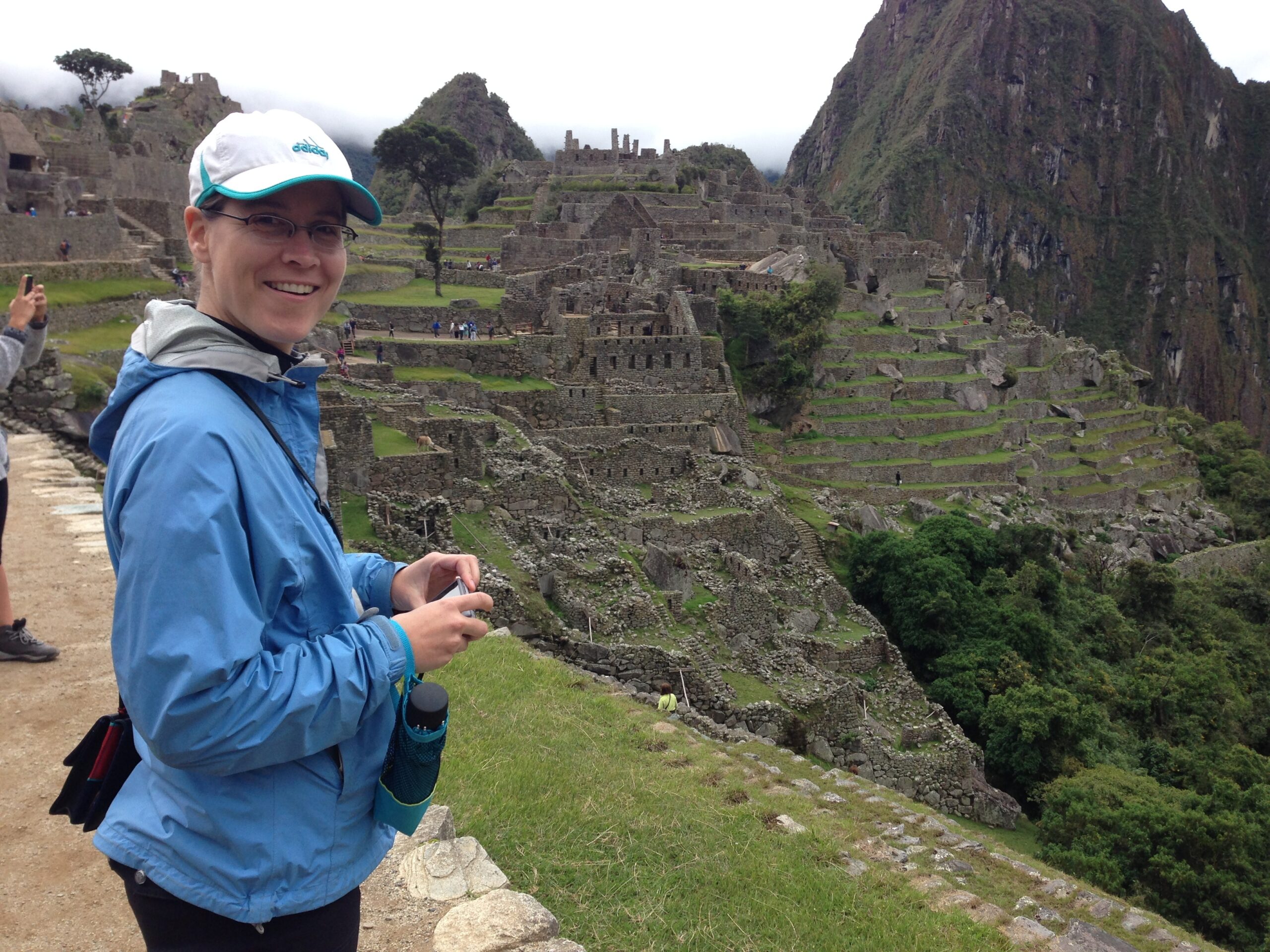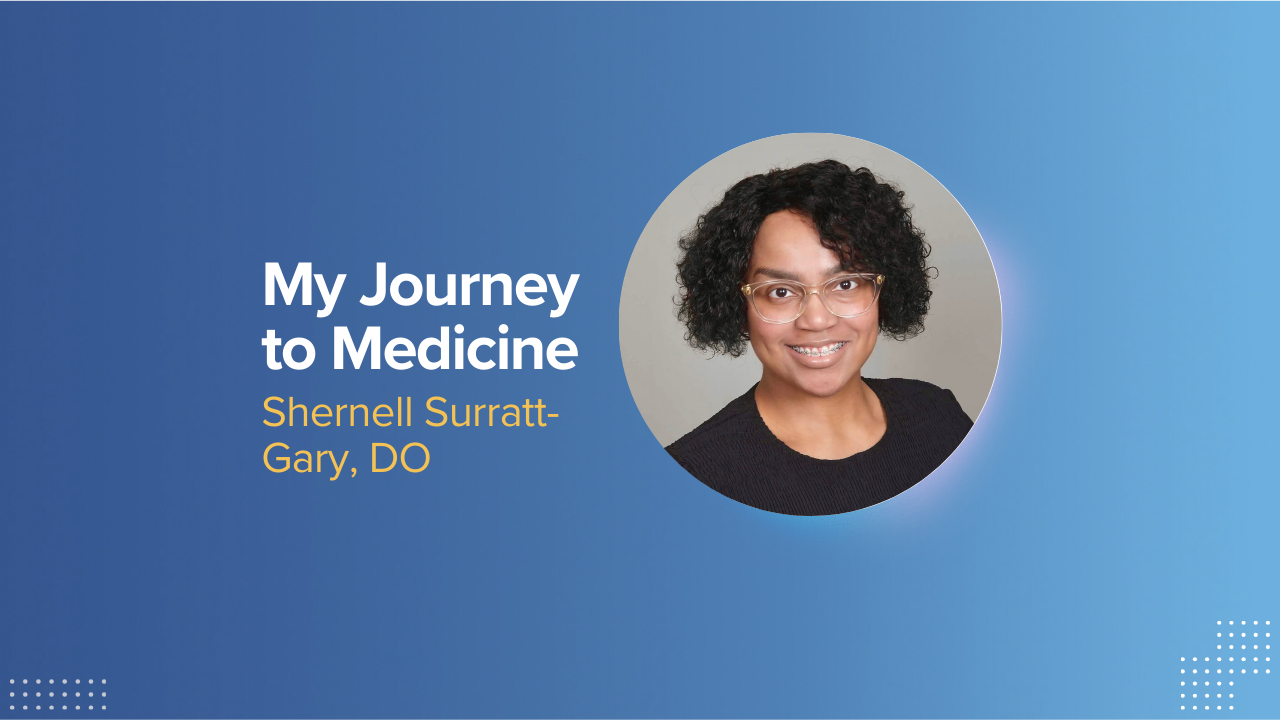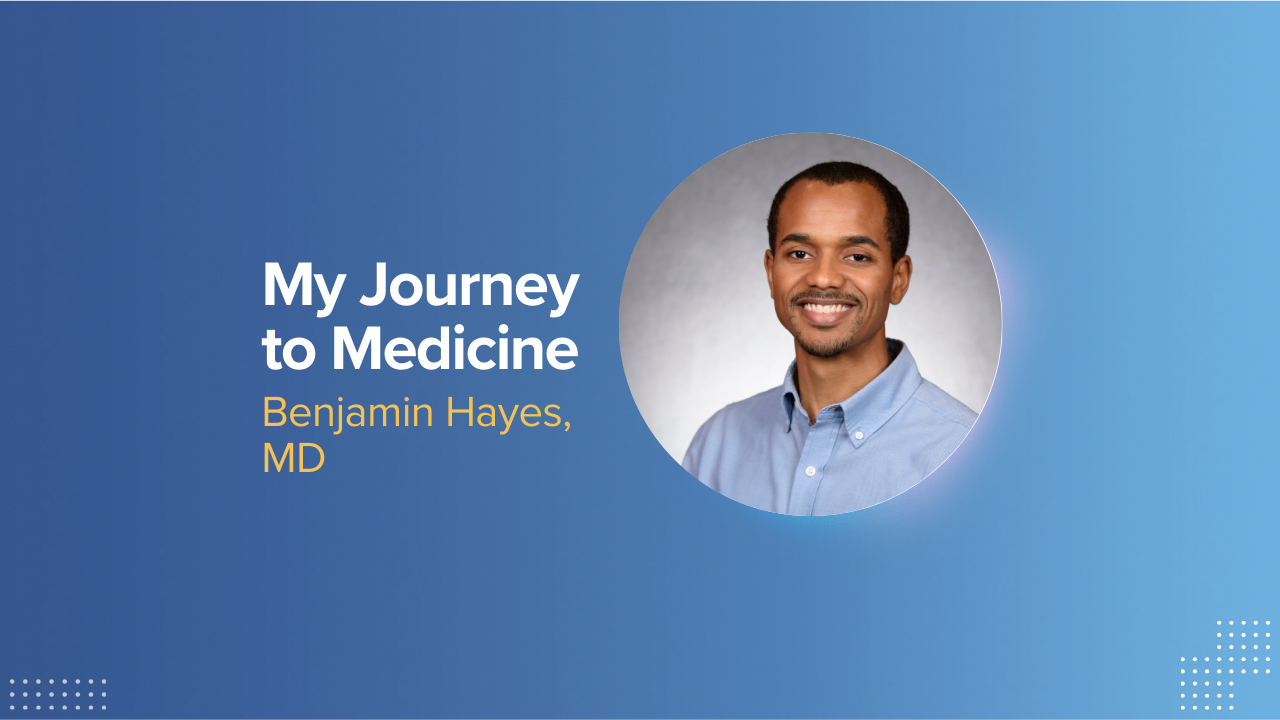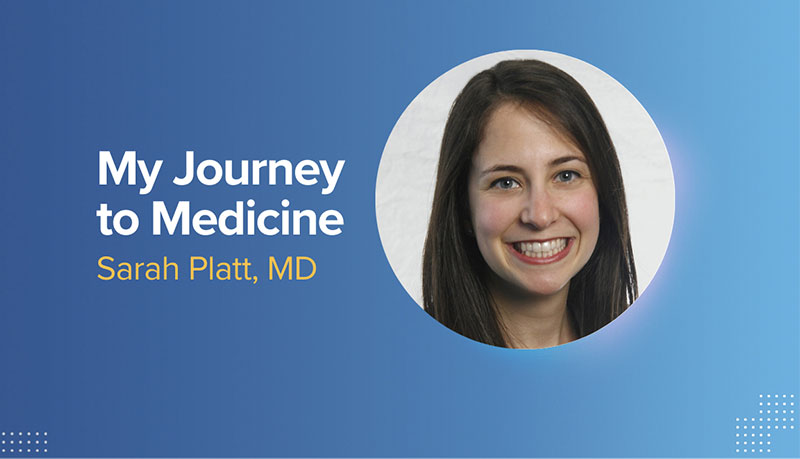As I reflect on the choices that brought me to where I am now, my reasons for choosing a medical profession become more fundamental than those I listed in my medical school application essays. People considering a medical career often discuss how they’d like to help others, discover new therapies, and thoughtfully make their mark on the world.
As I reflect 20-30 years later, my career and life choices boil down to some basic personal philosophies. These principles contributed not only to my decision to choose medicine but to how I live my life, the person I chose as my partner, and how I raise my child. They also affected my alternative career pathway. Two things were crucial for me, and they are:
- Exploring and acquiring knowledge
- Embracing the unknown
The Early Days
I grew up in the 1980s in a small town in Nebraska where people are kind and hard-working and set in traditional ways. During this time, I learned that my uncle was gay, which was not as widely accepted then. At the same time, the AIDS pandemic was beginning its rage. This confluence of events, combined with my personal philosophical development, broke me out of my Midwestern mold.
Early on, I spent time with my uncle and several of his friends, discovering the gay community and their fight against a devastating disease. Yes, I wanted to help people, but more so, I wanted to learn new things and embrace the nontraditional aspects of my upbringing. This first exchange with HIV/AIDS eventually guided me to study science in college and work in a laboratory researching AIDS dementia.
However, my experiences with HIV/AIDS were not the only influences on my decision to choose medicine. Another event that fascinated me during my adolescent and young adult years was the Ebola outbreak in Zaire in 1995. Reading about Ebola and its effect on African communities helped pique my interest in traveling to Africa’s most resource-limited areas to provide health education and hands-on work when possible.
In 2000, long before cell phones and the Internet were widespread in Africa, I moved to a remote part of Kenya. There I helped deliver babies and taught HIV/AIDS education to high school students. I lived in a rural community where I slept on the school library floor, learned how to collect rainwater for drinking, and discovered how to thrive with limited resources.
This experience was probably my most significant life-altering choice — it solidified my philosophy of embracing and learning from the unknown. I’m sure many of you have done something similar.
Regardless of your career path, I highly recommend such an experience. A person develops incredible independence and resilience through adventure. My soon-to-be 15-year-old son is looking to do something similar next summer, and I can’t wait to watch him grow during that time.
My Med School & Clinical Practice Journey
My continued drive to discover the world took me to New York City for medical school and residency training. Yes, this was after I’d already delivered my first baby, but one does have to become an official physician.
Moving to New York doesn’t sound like a life-altering event for many people, but it depends on your background. Even though I had some diverse experiences as a high school and college student, moving from small-town Nebraska to the Big Apple was again jumping into the unknown. I thrived in this environment and soaked up all the knowledge I could about medicine, politics, art, and life. Urban living can satisfy anyone’s thirst for knowledge.
You would think I’d choose a career that suited my initial interest in infectious disease, but as you’re discovering throughout this blog, I like to try new things. I chose emergency medicine. This career path allowed me to learn about nearly everything since emergency medicine physicians care for all people at all times of the day, for any reason. According to my philosophy, I would not be happy only studying infectious diseases. I wanted to learn how to care for all people. Through the emergency department, I get to meet new people and solve medical mysteries.
I have lived in Texas throughout my clinical practice years, yet another place I had never visited until I moved here. During this time, I continued caring for patients in Ethiopia periodically and completed educational projects in Nepal and India. I’ve had a successful clinical career in academic and community medicine.
However, as you might guess from my philosophy of continued discovery, learning new things, and exploring the unknown, I transformed my career into something a bit outside the boundaries of clinical medicine. Now, I am a medical education author and editor. I still work a few shifts a month in the emergency department, but I wear an editorial hat most days.
My Advice to Aspiring Medical Students
I’ve spent the last few years honing my writing skills instead of focusing solely on medical knowledge. I’ve wanted to discover what it’s truly like to understand an article’s best sentence structure and flow and know how to communicate my ideas in the best way possible. Many who choose medicine excel in science and math but fail to pursue skills in other areas, like writing. I wanted to gain this skill set to round out who I am. My 14-year-old son not only comes to me for medical, science, and math advice, but he wants me to help him with his punctuation and word usage because I am the author of the family. I didn’t see that one coming!
I impart this trajectory because I’m sure I’m not alone in my thirst for knowledge and discovering new things. Outwardly, some of these feelings and desires may seem like indecisiveness. However, people who understand me well know that I am confident in my decisions.
I still have much time left, and I’m not sure what’s in store next (I just started the editor role!). I know there is still so much else to discover and learn, and I hope you embrace such philosophies, too. Find that aspect of yourself that is interested in discovering new things and learning new ideas and concepts; it doesn’t matter which field of medicine you choose or whether you stick with it.
Medicine is a widely applicable skill set, and if you can hone in on the basic philosophies that drove you to medicine, they will help guide you to a fulfilling career and life. Do not be afraid to ask questions. Do not be frightened to enter the unknown.
For more inspiring stories from doctors and advice on getting into medical school and conquering the MCAT, visit the Blueprint MCAT Blog!
Dr. Christine Zink is an emergency physician and medical editor for Blueprint Prep/Rosh Review who lives in San Antonio, Texas. She attended medical school at Weill Cornell Medical College and completed her residency at New York-Presbyterian Hospital in 2010. She now combines clinical emergency medicine with medical education through editing and writing.
Everyone’s journey to becoming a doctor looks different, but they all start with the MCAT and applying to medical school. Blueprint MCAT can help you at every stage of your journey with free MCAT resources, MCAT courses, and medical school admissions consulting.




